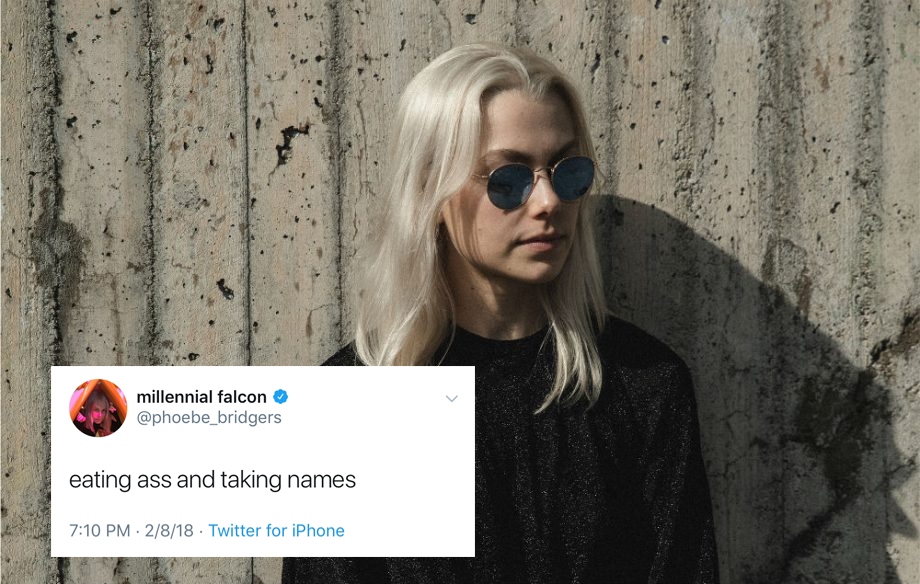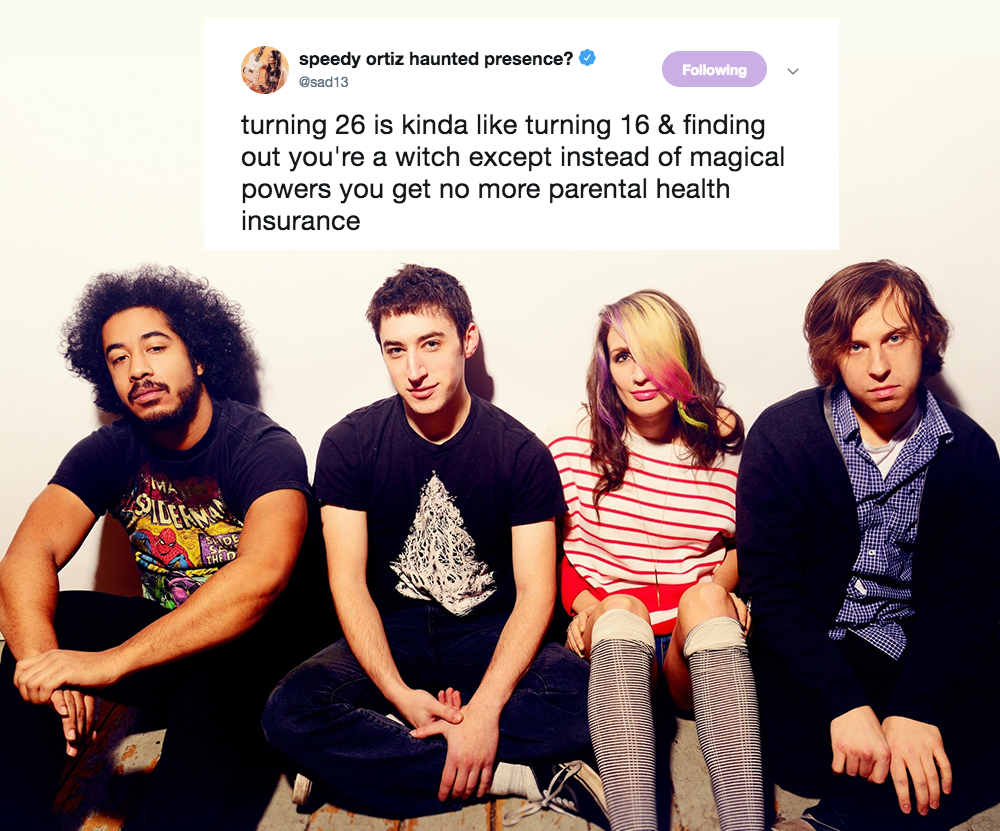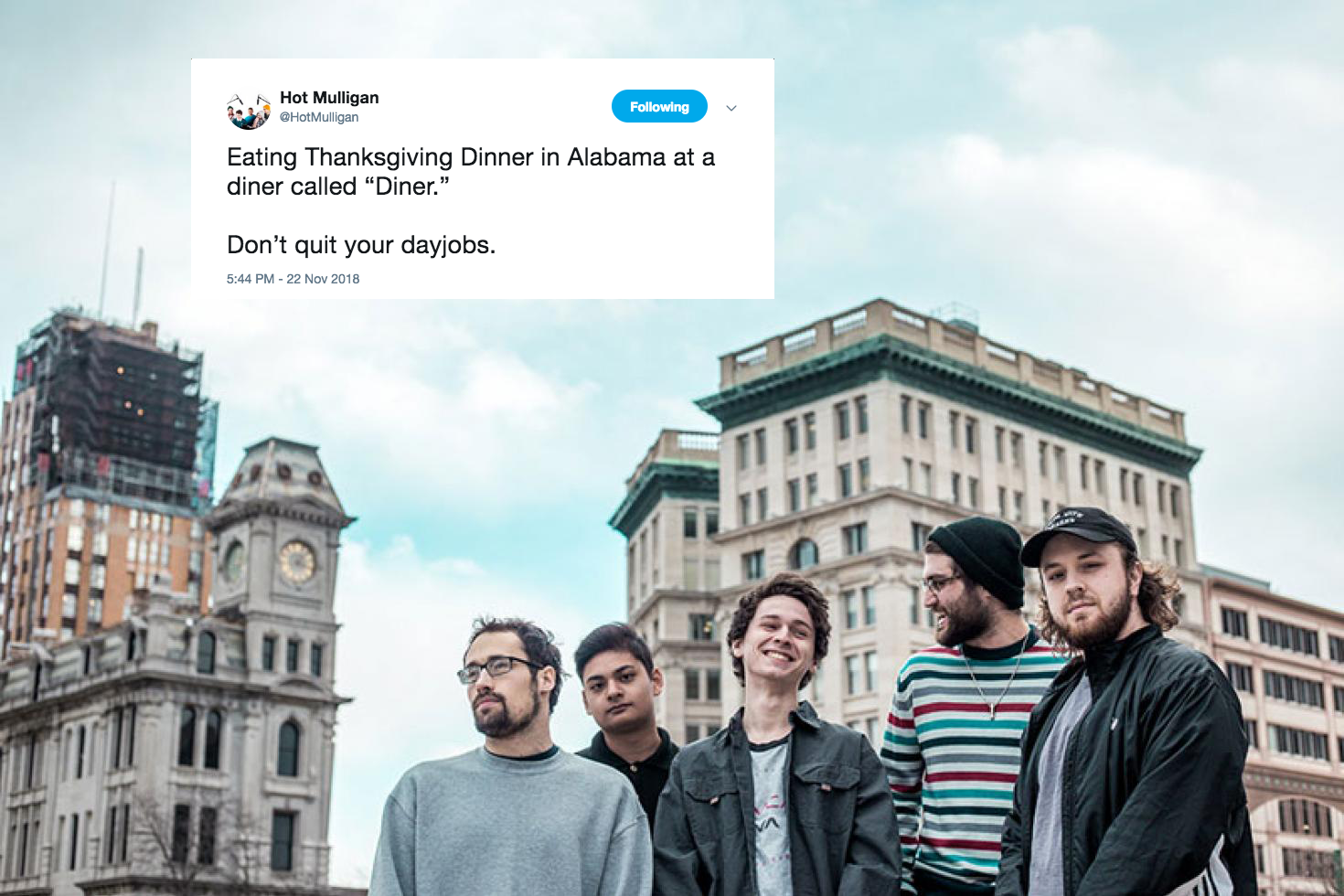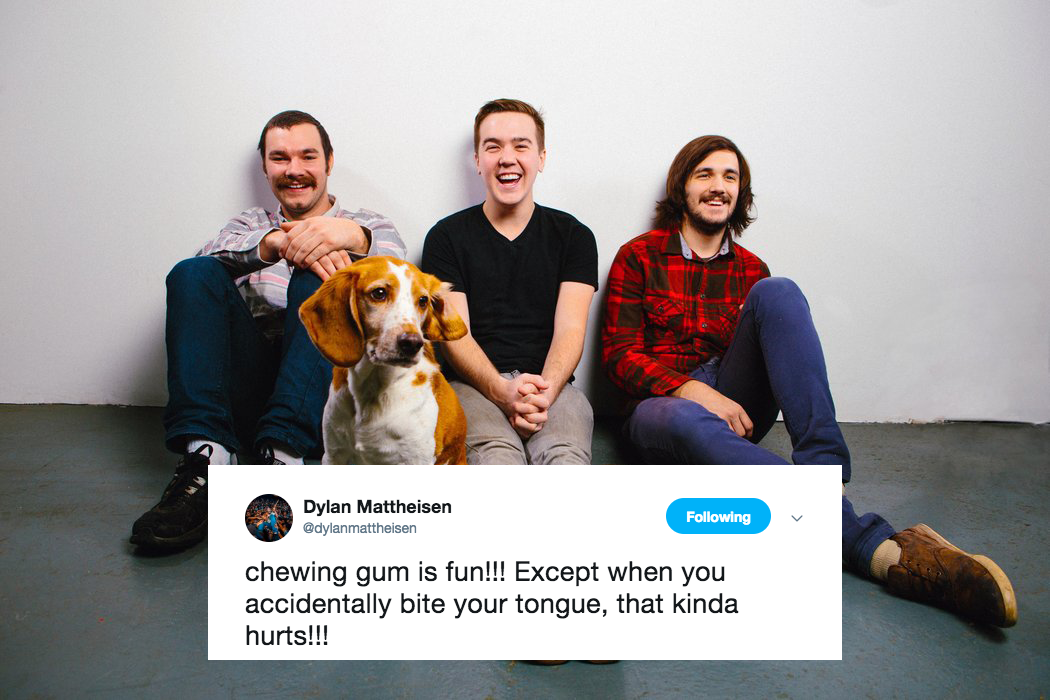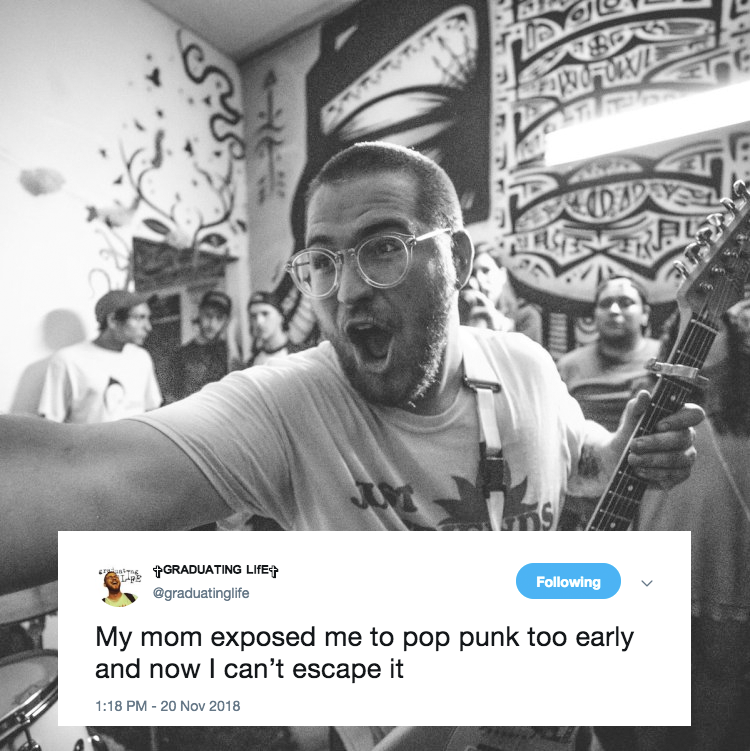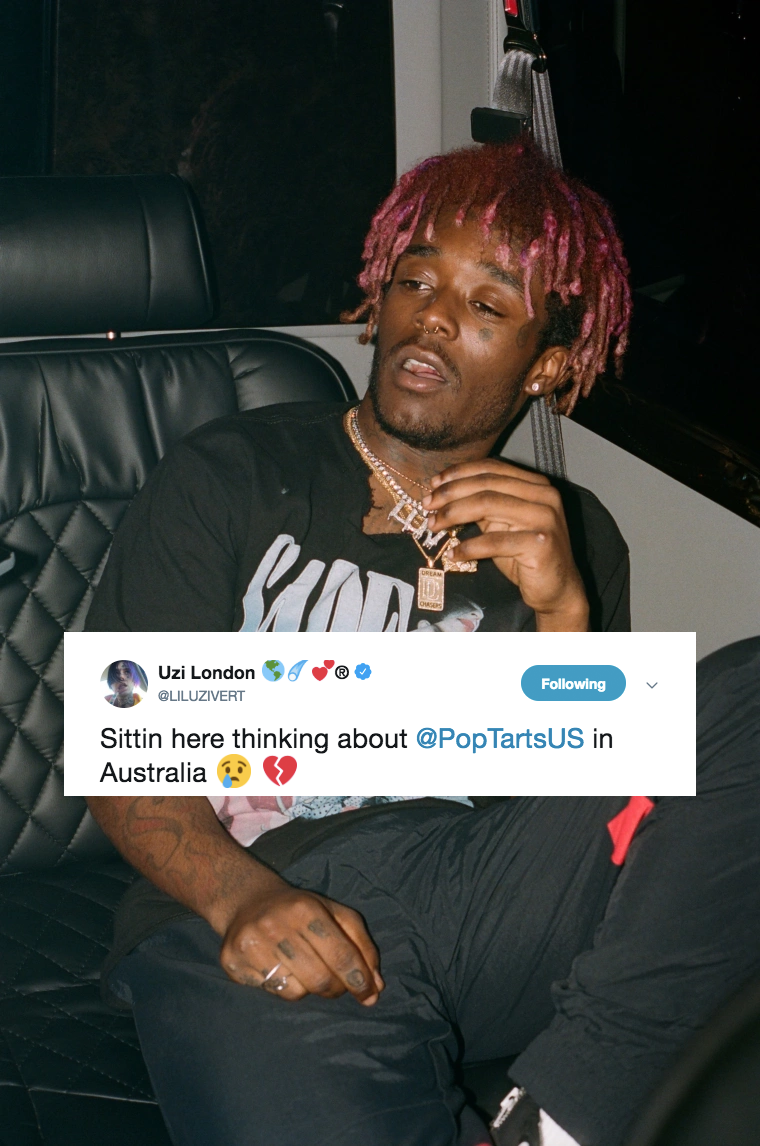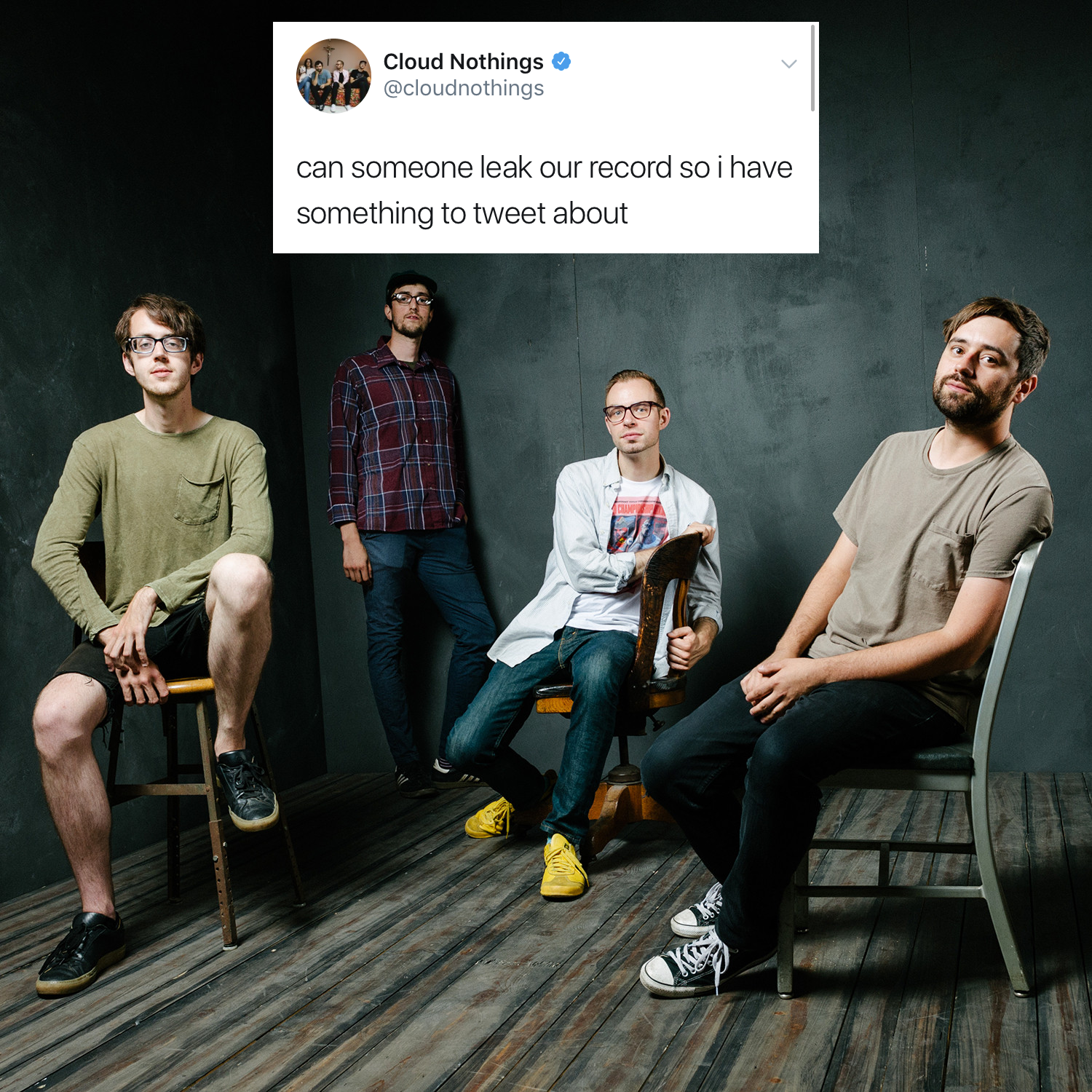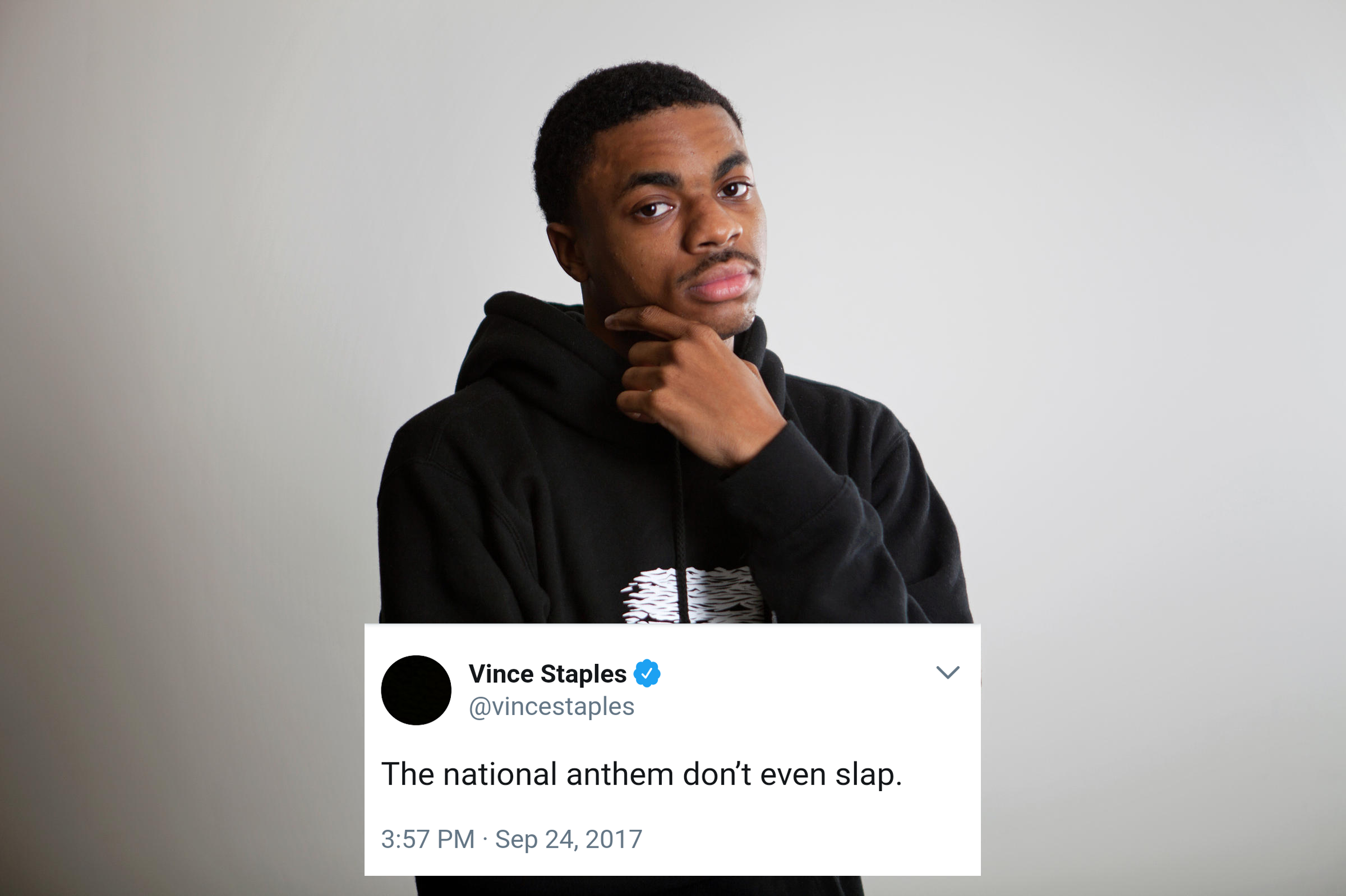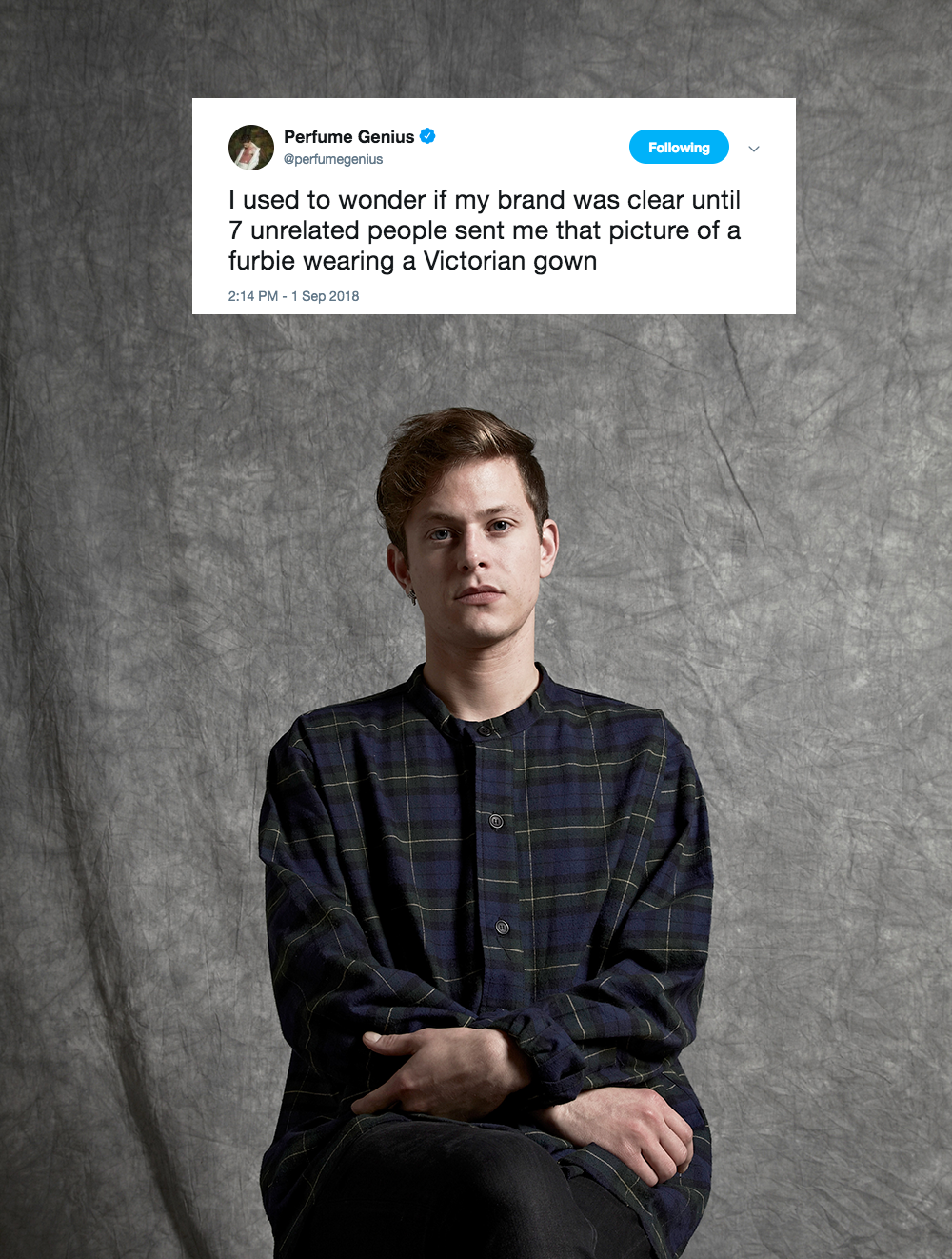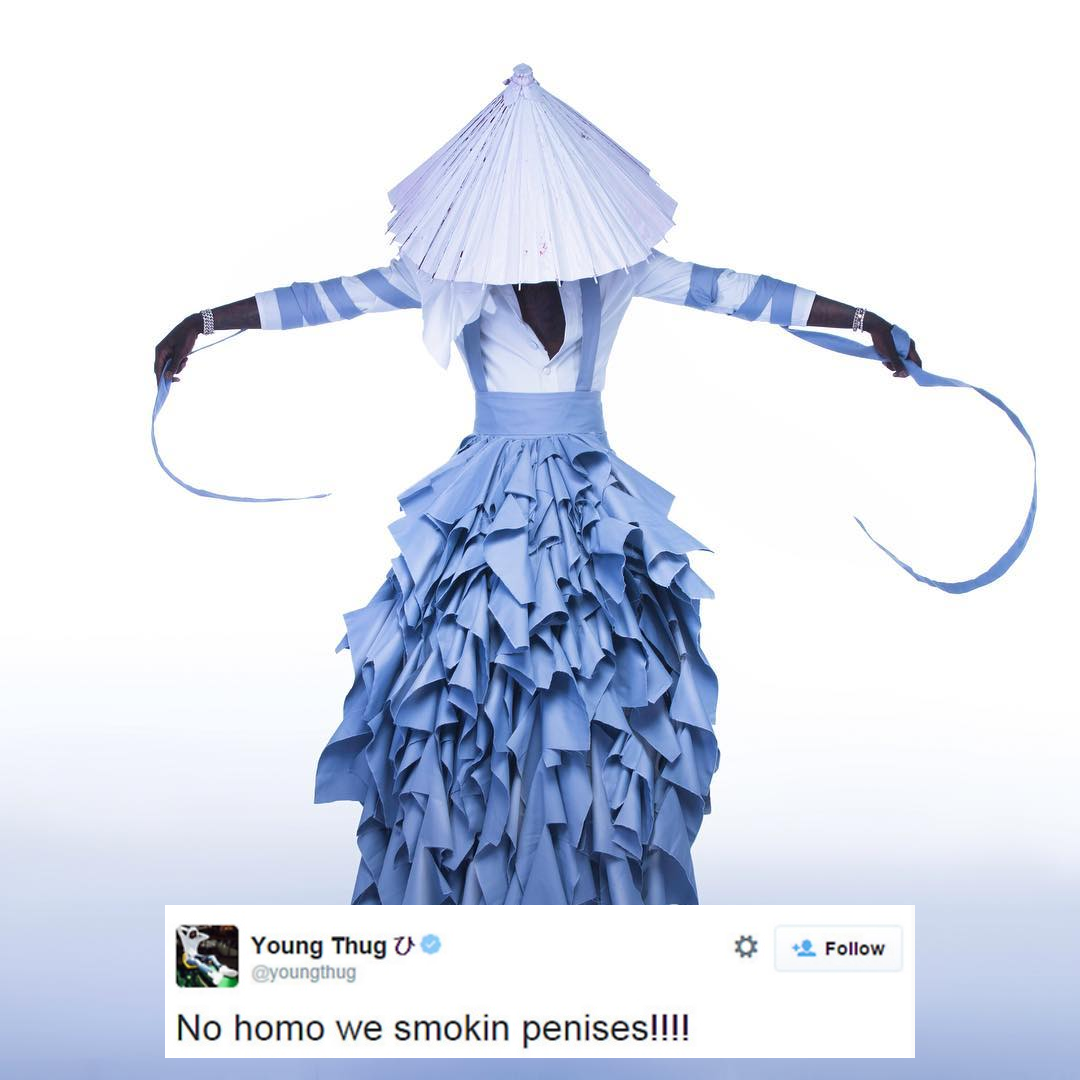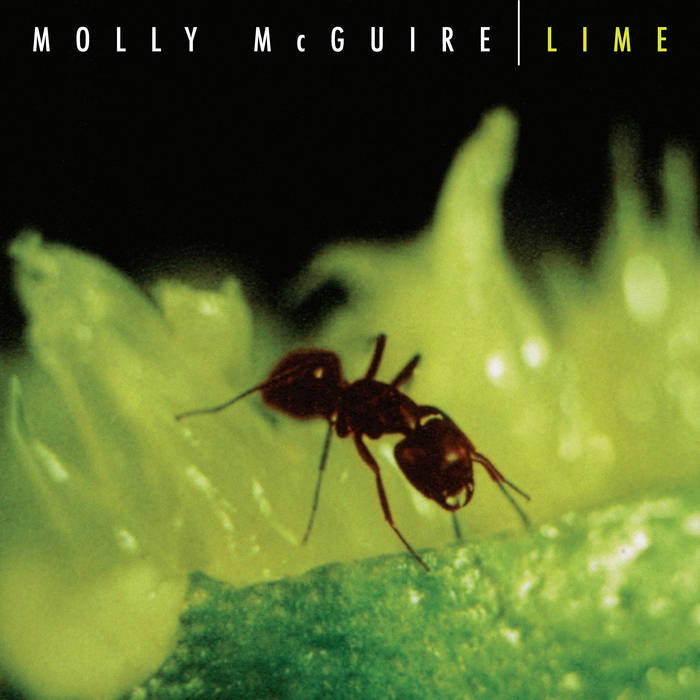Catholic Werewolves – You're Gonna Miss Everything Cool And Die Angry | EP Review
/Catholic Werewolves’ debut album begins with a collage of humanity. Within 30-seconds, clips of news reports, interviews, movies, and game shows all flash through the listener’s speakers, each punctuated by a short buzz of static. It’s like we’re listening in on an old TV controlled by an impatient person who’s channel surfing until they find something that captivates them properly. No sound bite lingers for more than a few seconds, but the result is something that feels both familiar and relevant: all the pop culture in the world isn’t enough when you don’t know what you’re searching for.
34-seconds into the opening track, two cymbal taps signal the entrance of the trio who make their way into the frame like a band taking the stage at a house show. Soon the drums, guitar, and bass all whir up to speed, synching up and making way for a bombastic shouted vocal harmony. After a fiery verse, blistering guitar solo, and cathartic group chant, the song ends mid-thought and throws you directly into the remainder of the album.
I first wrote about Catholic Werewolves back in December when this album was fresh off the presses. At the time, I held them up as an exemplary midwest band that embodied immaculate songwriting, tenacious spirit, and the DIY aesthetic. After spending even more time with their record, I’m happy to confirm that every one of these beliefs is true.
Clocking in at a mere 15-minutes, You're Gonna Miss Everything Cool And Die Angry is one of the most compact, exciting, and well-thought-out records I’ve heard in recent months. The melodies are catchy, the choruses are sharp, and the instrumentals are tight. The Jeff Rosenstock and Joyce Manor influence is evident from the outset, but it’s also clear that Catholic Werewolves are putting their own spin on it.
Songs never wear on because they don’t have time to. Within the space of minutes, the band can deploy a concept, set the scene with minimal effort, and then bowl you over with everything that they just put into place. It’s economical songwriting that respects the listener’s time but also shows incredible talent and creativity.
With every song hovering around the two-minute mark, the band spends the release exploring different sonic pallets in a free-wheeling and uncomplicated way. “Instrument of Torture” is a thrashy punk pit-starter. “Title on Screen” is a bouncy and clever song that breaks out into a rapid-fire final verse. “Tom Hanks” is a guitar-led song that somehow manages to be poppy while also hosting the most hardcore screamed vocals on the entire album. “Tuxedo T-Shirt” is a two-minute acoustic pit-stop centered around an infectious melody backed up by strings, piano, and harmonized vocals. “Emotional Sharingan” bears a hard-charging drumline with crashing cymbals and one of the record’s most catchy hooks. “Where Do You Think We Are?” uses a line from Scrubs to springboard into a narrative-driven brush with mortality that evokes the best parts of You, Me, and Everyone We Know. Finally, album-closer “Adult” is a biting, vicious, and hilarious takedown of complacency that sends the album off on punchy a high note.
It’s hard for me to think of a better pop-punk record than this in recent years. I know I’m a sucker for short albums, but the sheer amount of ideas that Catholic Werewolves manages to pack into such a short amount of time is absolutely astounding. Every song is varied, catchy, and speaks to a different concern. The lyrics are razor-sharp, and the production is immaculate. Most importantly, the songs never overstay their welcome and always leave you wanting more.
One of the reasons the Emo scene feels so exciting right now is because it’s very economical. Bands are releasing more EPs, splits, and singles because those are more affordable. It leads to a genre that feels ever-shifting and constantly-growing where bands can release updates on their lives in short bursts rather than long, bloated stream-chasing records. It leads to a more supportive scene that feels more intimate and interconnected than ever before.
On this record Catholic Werewolves didn’t half-ass a collection of songs; they honed these tracks down to their bare components and bundled them up in a compact package that’s simultaneously quick to consume and artistically-satiating. It’s an inspiring, accessible, and creative force, and that’s the type of art we need right now.


